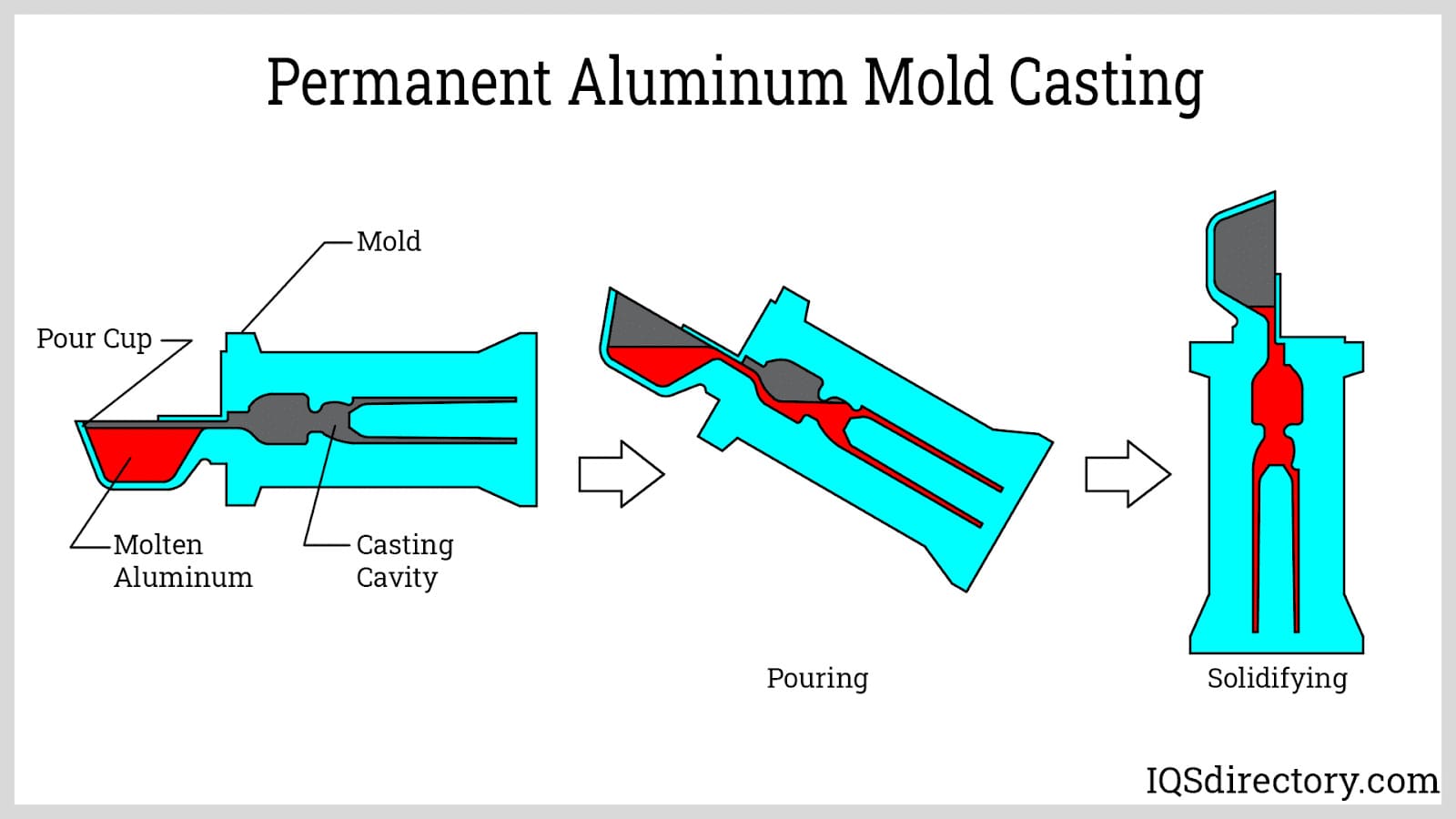The Only Guide to Stahl Specialty Company
The Only Guide to Stahl Specialty Company
Blog Article
Excitement About Stahl Specialty Company
Table of ContentsStahl Specialty Company Fundamentals ExplainedAbout Stahl Specialty Company3 Simple Techniques For Stahl Specialty CompanyThe Buzz on Stahl Specialty CompanyLittle Known Questions About Stahl Specialty Company.
The refined difference hinges on the chemical web content. Chemical Contrast of Cast Light weight aluminum Alloys Silicon promotes castability by minimizing the alloy's melting temperature level and improving fluidity during spreading. It plays a critical function in permitting elaborate mold and mildews to be filled up precisely. Additionally, silicon contributes to the alloy's stamina and use resistance, making it useful in applications where toughness is critical, such as vehicle components and engine parts.It likewise improves the machinability of the alloy, making it simpler to process into finished items. In this method, iron contributes to the total workability of light weight aluminum alloys.
Manganese contributes to the strength of aluminum alloys and enhances workability. It is generally used in wrought aluminum items like sheets, extrusions, and accounts. The visibility of manganese aids in the alloy's formability and resistance to breaking during fabrication processes. Magnesium is a lightweight element that gives stamina and influence resistance to aluminum alloys.
It allows the production of light-weight components with superb mechanical homes. Zinc boosts the castability of light weight aluminum alloys and aids manage the solidification procedure during spreading. It boosts the alloy's strength and solidity. It is usually located in applications where intricate shapes and great details are required, such as ornamental spreadings and certain automobile components.
Examine This Report about Stahl Specialty Company
Since aluminum-silicon alloys have great spreading residential properties, high gas homes, easy processes, and exceptional deterioration resistance, aluminum-silicon alloys are most generally utilized in the die-casting market at home and abroad. At the same time, aluminum-silicon alloys are additionally relatively very early and commonly recognized alloys established and utilized in die-casting. After continuous research study and enhancement, the majority of the existing international mainstream aluminum-silicon alloys have been finalized and are nothing greater than A356, A360, A380, ADC12, B390, and A413.
The primary thermal conductivity, tensile strength, yield stamina, and prolongation vary. Among the above alloys, A356 has the highest thermal conductivity, and A380 and ADC12 have the cheapest.

Top Guidelines Of Stahl Specialty Company
In precision spreading, 6063 is appropriate for applications where complex geometries and high-grade surface area finishes are critical. Instances consist of telecommunication units, where the alloy's exceptional formability enables smooth and cosmetically pleasing styles while preserving architectural honesty. Likewise, in the Lights Solutions market, precision-cast 6063 parts produce sophisticated and effective lights components that need intricate forms and great thermal efficiency.
(https://www.domestika.org/en/stahlspecialc)
It brings about a better surface finish and far better rust resistance in A360. The A360 shows remarkable elongation, making it suitable for complicated and thin-walled components. In accuracy spreading applications, A360 is appropriate for sectors such as Customer Electronic Devices, Telecommunication, and Power Devices. Foundries in Missouri. Its enhanced fluidness enables elaborate, high-precision parts like mobile phone coverings and communication gadget housings.

In precision casting, light weight aluminum 413 shines in the Consumer Electronics and Power Tools industries. It's frequently made use of to craft intricate components like mobile phone real estates, electronic camera bodies, and power tool cases. Its accuracy is amazing, with limited tolerances as much as 0.01 mm, making sure remarkable item setting up. This alloy's exceptional rust resistance makes it an excellent choice for outside applications, ensuring durable, resilient products in the pointed out markets.
Some Of Stahl Specialty Company
The light weight aluminum alloy you pick will considerably impact both the spreading process and the properties of the final product. Since of this, you need to make your decision thoroughly and take an educated method.
Identifying the most ideal light weight aluminum alloy for your application will certainly suggest evaluating a vast variety of characteristics. The initial classification addresses alloy characteristics that affect the production process.
The alloy you choose for die spreading directly impacts numerous elements of the spreading process, like just how simple the alloy is to collaborate with and if it is prone to casting defects. Warm cracking, likewise referred to as solidification fracturing, is a typical die casting issue for light weight aluminum alloys that can result in internal or surface-level rips or splits.
The Stahl Specialty Company Ideas
Certain aluminum alloys are extra at risk to warm breaking than others, and your choice should consider this. Another common issue located in the die spreading of aluminum is pass away soldering, which is when the actors adheres to the die walls and makes ejection challenging. It can damage both the actors and the die, so you need to seek alloys with high anti-soldering properties.
Corrosion resistance, which is currently a notable characteristic of aluminum, can vary substantially from alloy to alloy and is a necessary characteristic to take into consideration depending on the ecological conditions your product will be revealed to. Put on resistance is another building generally looked for in light weight aluminum products and can separate some alloys.
Report this page